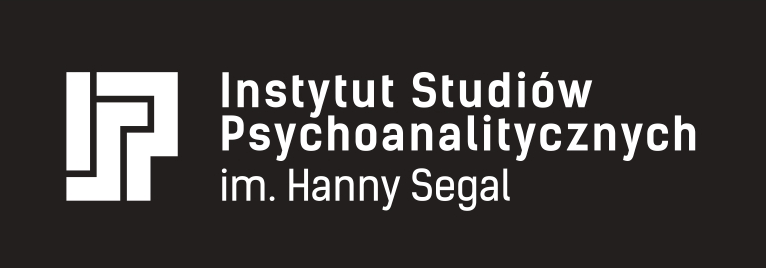ETHICAL PRINCIPLES
- Confidentiality
Psychotherapists shall maintain confidentiality regarding all information and documents concerning their patients. - Financial Arrangements
All fees and other financial arrangements should be agreed upon with the patient before therapy begins, or in the case of any changes, agreed upon prior to implementation. Psychotherapists and their patients may not engage in any joint business ventures. - Human Rights
Psychotherapists may not participate in or support violations of individual rights as defined in the United Nations Universal Declaration of Human Rights. - Coercion
A psychotherapist’s professional position or confidential information may not be used to dominate or exploit patients for personal or third-party benefit. - Sexual Contact
Psychotherapists may not initiate or engage in sexual contact with a patient or with a trainee currently undergoing therapy or supervision. - Voluntary Relationship
The therapeutic relationship is voluntary and can be terminated at any time by the patient. The patient has the right to seek another therapist or a second opinion. - Termination of Therapy
The therapist should aim to conclude therapy based on a mutually agreed date. If therapy must be interrupted, the therapist must inform the patient of alternative sources of help. In necessary cases, the therapist should take appropriate steps to ensure the safety of the patient or others. - Professional Competence
Psychotherapists should stay informed about new developments in their field and their practical application. - Incapacity to Practice
Psychotherapists must, while maintaining confidentiality, inform appropriate institutions or organizations of significant evidence indicating their own or others’ inability to adequately fulfill professional duties. - Professional Loyalty
Psychotherapists may not intentionally or maliciously damage the reputation of others or organizations, including fellow psychotherapists. Without just cause, they must not disrupt the collegial nature of professional critique and evaluation. - Honesty
Within professional boundaries, psychotherapists should maintain open and honest relationships with patients. They may not deceive patients or their families, nor encourage deceit. - Continuity
While maintaining patient confidentiality, psychotherapists should make efforts to ensure that their patients are informed in the event of their death or inability to work, and of the possible continuation of therapy.
PROCEDURES
The ISPHS Ethics Council is the body responsible for providing consultations, answering inquiries, reviewing complaints, and applying regulatory sanctions in cases involving ethical issues or violations. After issuing an opinion or recommendation, all involved parties are required to inform the Council within two weeks about how the recommendations will be implemented.
INQUIRIES
The primary role of the Ethics Council is to serve as an advisory body for psychotherapists certified by ISPHS, students in accredited programs, and other interested individuals or organizations. The Council provides opinions on submitted ethical issues.
COMPLAINTS
In the event of a complaint regarding ethical misconduct, the Ethics Council is obliged to notify the subject of the complaint (individual, organization, or body) and to ensure full confidentiality during the investigative process. As part of its review, the Ethics Council may:
- Dismiss the complaint due to lack of evidence of ethical misconduct;
- Suspend the proceedings without consequences due to insufficient evidence or procedural errors;
- Suspend the proceedings with consequences if there is concern about possible ethical violations despite lack of sufficient evidence. In such cases, the Council may express its concern in writing to the subject of the complaint and may advise further training or supervision.
If ethical violations are confirmed, the Ethics Council may:
- Reprimand the psychotherapist, student, or organization;
- Suspend a certificate or student training for up to 3 years or suspend a training program’s accreditation;
- Revoke a therapist’s certificate, allowing reapplication no sooner than after 5 years. Reinstatement may require supplementary training or passing an exam. A student suspended for 5 years may be required to restart the training program;
- Revoke certification or the right to conduct training.
APPEALS
Decisions of the Ethics Council may be appealed to the ISPHS Board, which may overturn the Council’s decision or take other appropriate actions, provided the decision is supported by a two-thirds majority vote.
